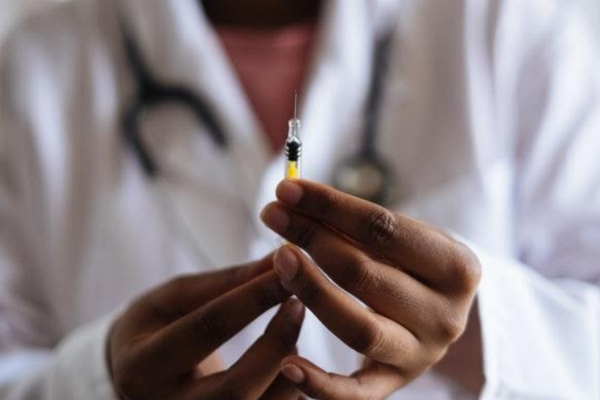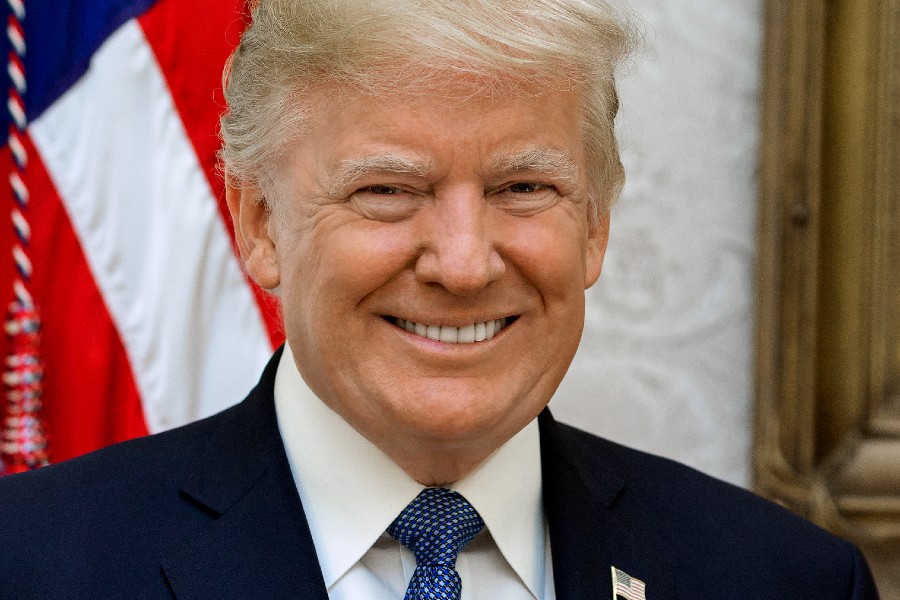 COVID-19 continues to make victims around the world despite the fact that nations have cautiously relaxed restrictions. Relaxing has proven to be risky. Many views it as simply a political decision, as citizens have complained on and on about the rules that they perceived to be inhuman. Without a vaccine against the deadly new virus, it won’t be possible to resume normality. Vaccination protects from serious illness and complications, forcing a dramatic decline in the number of cases.
COVID-19 continues to make victims around the world despite the fact that nations have cautiously relaxed restrictions. Relaxing has proven to be risky. Many views it as simply a political decision, as citizens have complained on and on about the rules that they perceived to be inhuman. Without a vaccine against the deadly new virus, it won’t be possible to resume normality. Vaccination protects from serious illness and complications, forcing a dramatic decline in the number of cases.
The first coronaviruses that can be spread to humans were discovered more than a century ago. The question now is: Why don’t we have a vaccine yet? While SARS-CoV-2 has a lot in common with other coronaviruses, it bears unique particularities. Scientists have only begun to understand the virus, meaning that they don’t have too much data to rely on. The importance of developing a vaccine for the novel coronavirus can’t be overstated enough.
What is a vaccine and how does one work?
Since the coronavirus outbreak, all that people talk about is the discovery of a vaccine. A vaccine is practically a biological preparation that is meant to stimulate the immune system to produce antibodies. The immune system is forced to fight the infection. It’s better to prevent a disease than to fight it once you catch it. If you do catch COVID-19, you’ll not experience severe symptoms. Attention should be paid to the fact that a vaccine isn’t a cure-all solution in the sense that it won’t ensure lifelong protection.
There will be periodic peaks and valleys throughout 2020, yet a permanent drop in the number of COVID-19 cases when a sufficiently large percentage of the population has been vaccinated. Vaccination prevents you from succumbing to illness when there are no medical treatments. Rigorous testing, contact tracing, and quarantine procedures can help control the spread of the coronavirus, but these efforts are insufficient when it comes down to reducing the treat for everyone. More than half of the population needs to be immune to COVID-19.
Vaccine development against COVID-19 is difficult
Simple as they may seem in theory, vaccines are quite complex in practice. The ideal product protects against infection, prevents the spread of COVID-19, and does it in a safe manner. Achieving this kind of result is difficult. It’s necessary to do more than just identify and test a viable vaccine. Scientists have attempted to come up with a coronavirus vaccine before, so they aren’t going in blind. Nonetheless, the data gathered until this point isn’t enough to help because SARS-CoV-2 is unlike MERS and SARS.
The number of T cells, which are linked to immunity, doesn’t decrease with age, yet their function decreases. People who have a tired immune system don’t respond too well to vaccination, so they might not get the best protection. What is more, there are risks of experiencing side effects. Vaccinations that protect the vast majority of the population will help protect the most vulnerable categories (people who are over 60 years old or have underlying health conditions) by proxy, that is, through herd immunity.
Researchers from all over the world are literally racing to develop a vaccine. Everyone is focused on the global pandemic, so it shouldn’t come as a surprise if we’ll have a vaccine by next year. It’s not fast enough, some argue, but it’s better than nothing. Pharmaceutical firms are currently researching DNA and RNA vaccines, which can be synthetized chemically. Chemists are going into their labs, offices, and other workplaces to carry out essential work. Let’s not forget about those teaching working very hard to give students an inspiring chemistry education.
Who are the front-runners in the COVID-19 vaccine race?
There’s a rush against time to come up with a vaccine in confronting the pandemic. Vaccination is and will remain the most effective approach in fighting infectious diseases. we have the necessary technology but, as mentioned, earlier, we lack a good understanding of coronaviruses. SARS-CoV-2 has been stable until now, yet it’s starting to mutate and it’s impossible to predict the direction it will take. While it presents a slower mutation rate as compared to influenza, the novel coronavirus is still dangerous.
The vaccines for the coronavirus are at various stages of trial. Let’s take a quick look at the most important candidates, shall we?
Oxford University/AstraZeneca
Volunteers in Brazil have recently started to receive the trial vaccine against COVID-19, which is made from the ChAdOx1 virus. After vaccination, the human body is expected to pinpoint and develop an immune response to the spike glycoprotein, preventing the deadly virus from entering the body. If successful, the vaccine will be manufactured and distributed via the pharmaceutical group AstraZeneca.
Moderna / National Institute of Allergy and Infectious Diseases
Moderna is yet another US organization bringing its contribution to the ongoing health crisis. It has finalized the protocol for phase III clinical trial of the COVID-19 vaccine. The biotech company has managed to get to phase III in about 6 months, which is impressive to say the least. It’s the first time this has ever happened.
CanSino /Beijing Institute of Biotechnology
The COVID-19 vaccine has just been approved for limited use in China. CanSino became the first to publish a study on its human trials at a global level, enabling researchers to evaluate the potential of the vaccine. Clinical trials are being carried out in China and Canada. Phase II will involve 500 patients.
Sinovac
Yet another Chinese biotech company, Sinovac, is attempting to find a cure for the novel coronavirus. It has succeeded in starting phase III of its trials in Brazil, possibly having developed an inoculation against the disease. The company is pretty sure that the plant-based vaccine is efficient in the fight against the deadly new virus.
In the years to come, we’ll end up with something. The COVID-19 vaccine may not be 100 percent effective and that’s because the coronavirus doesn’t provide lifelong immunity. To be more precise, it won’t be a miraculous solution. Hopes for eliminating the virus don’t end with the discovery of a vaccine. But it’s a good starting point.
Become a Harlem Insider!
By submitting this form, you are consenting to receive marketing emails from: Harlem World Magazine, 2521 1/2 west 42nd street, Los Angeles, CA, 90008, https://www.harlemworldmagazine.com. You can revoke your consent to receive emails at any time by using the SafeUnsubscribe® link, found at the bottom of every email. Emails are serviced by Constant Contact








